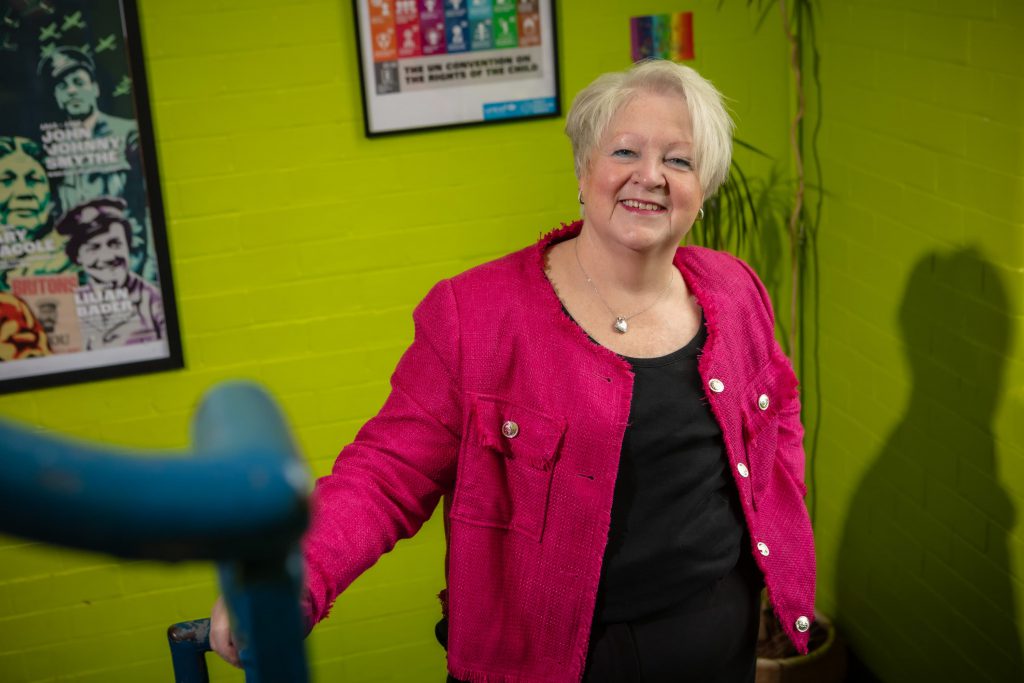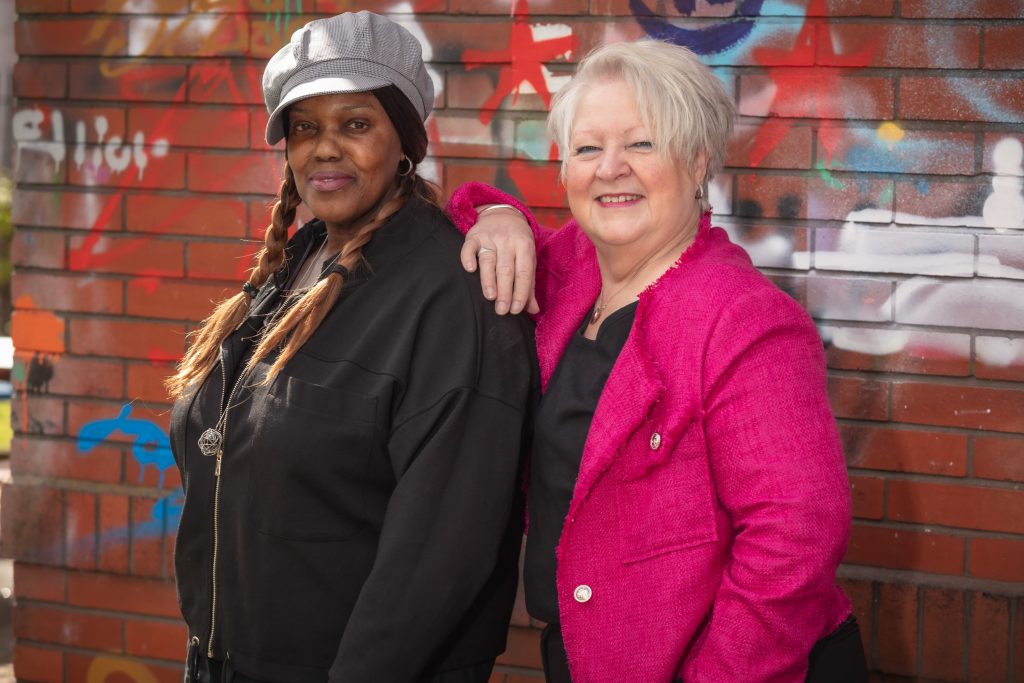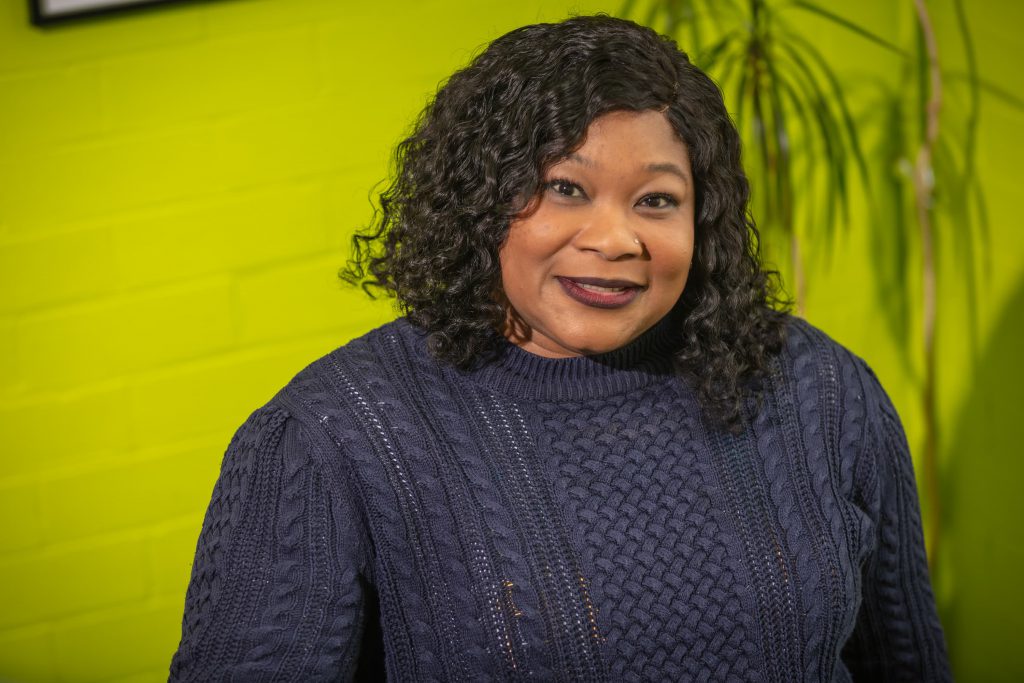In 2010, Grace McCorkle and Jan Tasker worked for a local authority. Grace developed housing services to support young people leaving care;
Jan oversaw housing conditions as a surveyor. “We were both disgruntled with the system,” Jan says. One night, they went to inspect a refuge for Muslim women in Trafford, and had a ‘light-bulb moment’: They set up Collaborative Women.
Jan says: “It was born out of frustration to fill an unmet need – to provide housing for young women prone to abuse and fleeing abuse, forced into marriage, to go abroad, or victims of female genital mutilation.
Grace and I stepped in to fill that void.” Collaborative Women marks its 10th anniversary in 2024.
It operates an emergency project in Trafford, housing women in crisis.
Alongside quality housing, its Moving Forward programme equips women to live independently – emotionally and economically.
Referrals outweigh supply by 25% Last year, it increased its housing portfolio by 40% with 10 bed spaces and three properties:
- 600 women benefited from its range of intervention programmes, offering pathways to connect, learn, and thrive;
- 16 escaped abuse and were provided safe
accommodation; - 12 moved onto employment, education, or
volunteering;
It delivers classes, such as African drumming, workshops in schools on healthy relationships, and community days. They also offer one-to-one support with statutory services.

Grace says, “Many of the women dealing with social services, education, or legal matters such as child protection cases felt unsupported, that they didn’t have a voice and had nobody in their corner. We provided that over the years.”
It has a four-strong staff team, six board members, and up to eight volunteers. Many of the women they support go on to volunteer.
“My drive came from trying to help a young woman being forced into marriage,” Jan says.
“Her father was threatening to kill her, and there was nowhere she could go. We finally got her a place in a hostel. It was soulless.
Dreadful. She was as young naïve Muslim woman, who ended up in prostitution and drugs. So, Grace and I have created homes– not an institution.”
Grace says: “Our focus is on marginalised women. As a black woman working in this space, I wanted to take up that gauntlet.”

Grace says they’re not even dealing with the ‘tip of the iceberg’: “Housing really is the fourth emergency service, but it doesn’t get that precedence and notice that it should.”
Key Fund provided a £40,406 loan and £7,274 grant to part fund a property purchase.
Jan says: “Key Fund believed in us. As a CIC, we can’t get loans or mortgages, but Key Fund offered a solution with a blended loan and grant.”
Grace says: “The main impact of Key Fund has been to help our business grow. As a CIC, we were isolated from finance, but Key Fund could see a solution. We’re now upscaling ourselves. The amount of time Key Fund has invested to help our capacity building has been phenomenal.It’s opened a door.”
Key Fund connected them to Charity Bank, and they are in the process of purchasing a second building.
Grace McCorkle and Jan Tasker
